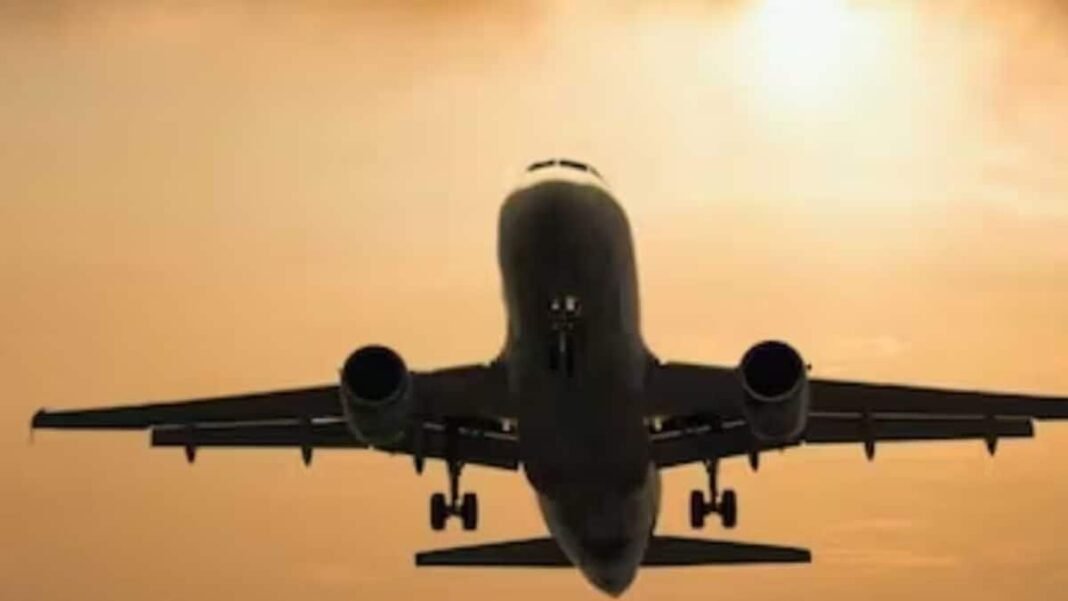In a world where global travel has become a way of life, political conflicts can send ripples across the aviation industry. The recent escalation of the Israel-Palestine conflict has once again cast a shadow over the travel outlook for airlines operating in the region. As tensions rise and security concerns mount, carriers find themselves in a precarious position, navigating not only the physical airspace but also the delicate diplomatic terrain.
Security Concerns Loom Large
The ongoing conflict in the Middle East has sparked concerns over the safety of air travel in the region. Airlines are forced to consider the potential risks associated with flying over or near conflict zones. The downing of Malaysia Airlines Flight MH17 over eastern Ukraine in 2014 serves as a grim reminder of the dangers that can befall commercial flights operating in politically unstable areas.
Flight Diversions and Delays
With the Israel-Palestine conflict intensifying, airlines have had to take precautionary measures to safeguard passengers and crew. Flight diversions and delays have become common, as carriers reroute their planes to avoid the conflict zone. These disruptions not only inconvenience travelers but also incur additional costs for airlines.
Economic Impact on the Industry
The airline industry, already reeling from the effects of the COVID-19 pandemic, now faces another economic challenge. The ongoing conflict has led to a drop in demand for flights to and from the region, as travelers opt for safer alternatives. Airlines are forced to cut back on their services, leading to reduced revenues and financial strain.
Diplomatic Dilemmas
Airlines are not just commercial entities; they are also diplomatic players in their own right. The choice of flight paths can carry political significance and affect diplomatic relations. As they navigate the complex web of international politics, airlines must make decisions that balance safety, economics, and diplomacy.
Global Repercussions
The Israel-Palestine conflict is not just a regional issue; it has global repercussions. Airlines that operate internationally find themselves at the center of this storm, with the potential to become unwitting participants in a political conflict. The global community closely watches the actions of airlines as they traverse the skies above the troubled region.
The Role of Regulatory Bodies
Regulatory bodies, such as the International Civil Aviation Organization (ICAO) and the Federal Aviation Administration (FAA), play a crucial role in ensuring the safety of air travel. They issue notices, advisories, and restrictions to guide airlines through complex situations like the current conflict. These regulatory agencies must strike a balance between protecting safety and maintaining the flow of international air traffic.
Mitigating Risks
Airlines employ a range of strategies to mitigate risks associated with conflict zones. These strategies include closely monitoring the situation on the ground, sharing intelligence with authorities, and implementing safety protocols for their crews. Many carriers also have dedicated teams that focus on assessing and responding to potential security threats.
The Humanitarian Angle
The conflict’s impact extends beyond economics and politics. Airlines are often called upon to assist in humanitarian efforts during crises. They may be tasked with transporting relief supplies, medical personnel, and even evacuating citizens from affected areas. Airlines are an essential link in the global response to humanitarian crises.
The Way Forward Of Israel-Palestine Conflict
As the Israel-Palestine conflict continues, airlines find themselves caught in the crossfire, making tough decisions about the safety of their operations. The international community is closely watching how airlines respond, as their actions can have far-reaching implications.
In the face of such challenges, the airline industry must continue to prioritize safety while adapting to changing circumstances. Navigating the complexities of geopolitics and economics is no small feat, but it’s a task that airlines must face head-on to ensure the well-being of their passengers and the sustainability of their operations.
While clouds of uncertainty hang over the travel outlook amid the Israel-Palestine conflict, the commitment of airlines to safety and their resilience in the face of adversity will remain a beacon of hope for travelers and the industry at large. The way forward may be fraught with challenges, but the aviation community has shown time and again that it can rise above them, even in the most turbulent of skies.




